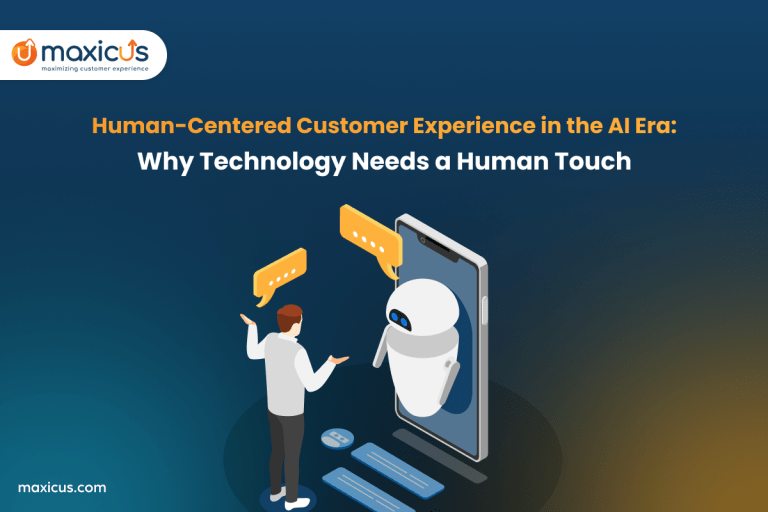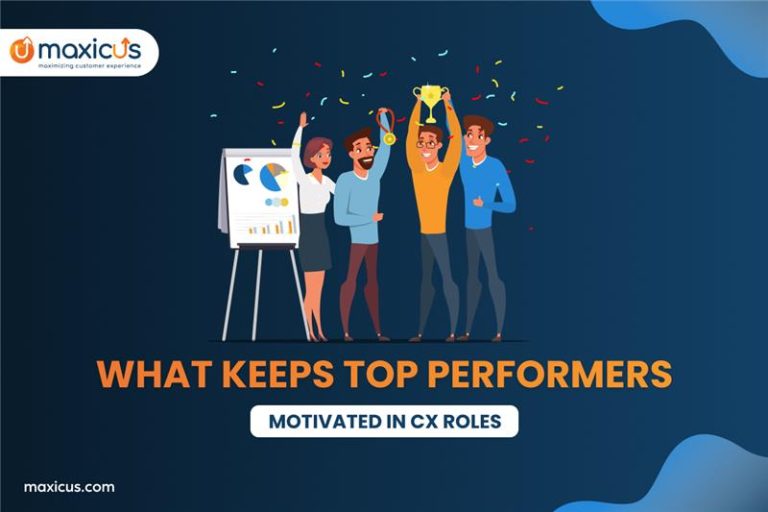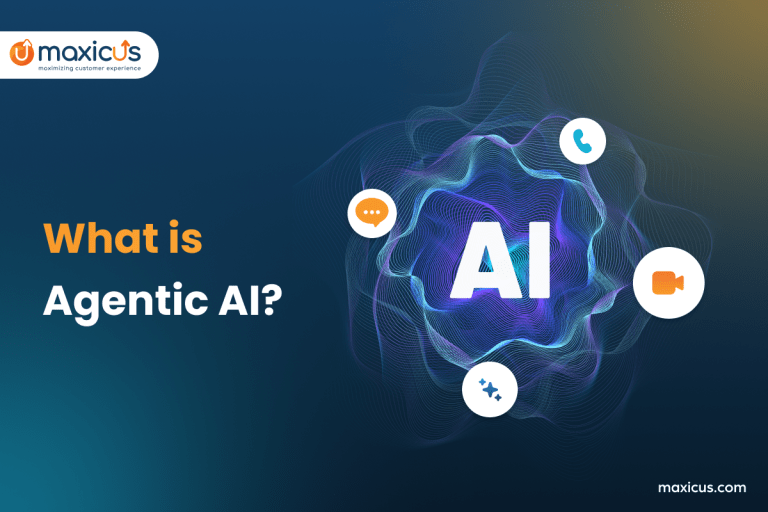How A Next-gen Knowledge Management Improves Customer Experience?
Consider the last time you had a truly exceptional customer experience, then consider how you felt afterward. Do the same thing for the last time you had a lousy client encounter.
A pleasant customer experience is critical to your company’s success. The more satisfied the customer is with the overall experience, the more likely they will become loyal ones that can increase your revenue.
A consumer loyal to your company promotes your business through word-of-mouth marketing and advocates for your brand and product or service is the most incredible marketing money can buy.
What is Knowledge Management?
The practice of more effectively gathering, distributing, keeping or managing, and implementing organizational knowledge is known as knowledge management.
Knowledge management is a field that recognizes three types of knowledge: explicit, tacit, and implicit knowledge.
Explicit knowledge refers to abilities or information that are easily understood, communicated, and conveyed. Formal knowledge or codified knowledge are other terms for explicit knowledge.
A company’s handbook or procedure manual is an example of codified knowledge—information that is well-known enough to be quickly recorded and retained.
On the other hand, Tactic information is more difficult to explain, comprehend, and communicate with others. Innovative thinking, the ability to intuit and grasp what industry-specific body language signifies, and how aesthetics work within a vertical are examples of tacit knowledge.
There is also implicit knowledge, which is the third type of knowledge. This data is a hybrid type in that it can be codified in ways that tacit knowledge cannot, but it hasn’t been done yet. Implicit knowledge can be taught, but it hasn’t been appropriately captured yet.
Another way to properly characterize knowledge management is to categorize forms of knowledge as conceptual, expectational, factual, or methodological. Systems and perspectives are described by conceptual knowledge.
Hypotheses, expectations, or judgments about things are all tied to expectational knowledge. Data that is observable, quantifiable, and verifiable constitutes factual knowledge. Problem-solving and decision-making are linked to methodological expertise.
How does next-gen Knowledge management improve customer experience?
Next-gen knowledge management is essentially a knowledge management platform empowered with no-code tools that run through artificial intelligence and machine learning to simplify processes.
To understand the scenario better lets talk of a use case. Netflix demonstrates that when a business collects and absorbs knowledge about its customers, it is better equipped to make significant internal changes and capitalize on emerging market opportunities.
Companies frequently fail to keep up with their consumers’ shifting wishes and needs, even though staying focused and updating information over time is critical.
When a firm like Netflix concentrates on getting accurate, crucial information about its customers, it develops a competitive edge that puts it ahead of the competition.
So how does next-gen knowledge management help? Here’s the answer.
1. Exceeding customer expectations
If your expectations aren’t met, you won’t have a pleasant time. It’s apparent what people overwhelmingly expect, according to a recent PwC report on improving customer experience.
The most crucial characteristics of a pleasant customer experience, according to nearly 80% of American consumers, are timeliness, convenience, educated assistance, and courteous service.
That’s a huge figure, but it’s not surprising.
Only excellent and coordinated next-gen knowledge management can adequately meet this requirement better than its age-old alternatives like SharePoint. In next-gen knowledge management, quality is shown in the three adjectives that characterize reasonable assistance: “speed, convenience, and knowledge.”
2. Consistency in conflict resolution
Nothing is more aggravating than a company’s help site saying one thing, its chatbot saying another (or, more often, nothing), and its customer service representatives saying a third.
This is an example of poor knowledge management. Organizations feed each of these consumer touchpoints with diverse sources of knowledge information, which usually causes them to be out of sync. Only 47% of executives believe they understand how robotics and AI provide innovation in customer experience.
That has to change right now. Transitioning from machine to human must be seamless and consistent. Consumers are increasingly devoted to shops, brands, and devices that continuously deliver outstanding value and variety with minimal friction and stress.
Although this report focuses on AI-powered next-gen Knowledge Management, your help site, learning management system, or a customer-facing knowledge base is also a machine.
The most crucial component of a smooth and consistent transition between those sources and your employees is that they say the same things.
Customer trust, brand loyalty, repeat business, the ability to upsell, and support efficiency all depend on getting this right.
Customers need quick answers – Today’s customer experience is focused on speed, and let’s face it, phoning customer service is virtually never the fastest way to get a response. It takes less than a second to open a new Chrome tab with a Google search, which is a fraction of the time to find an organization’s contact details.
Complex situations will always require support lines and human interaction. Still, the responsibility as next-gen knowledge management professionals is to constantly push the boundaries of what qualifies as being difficult enough to require a human.
Conclusion
Customer relationship management is incomplete without a next-gen knowledge management. A company may track not just the number of calls, emails, and questions that have been asked and answered but also which subjects are most commonly discussed using Knowledge Management.
This allows a company to see how customers interact with its products and services regularly, allowing it to make any necessary modifications.
Through self-service capabilities, next-gen knowledge management also improves client happiness. Management of knowledge is key to creating an exceptional customer experience.
That’s never been truer than now that we live in a digital-first world. If a next-gen knowledge management isn’t already top of mind at your company, it should be. It’s time to use these three actionable reasons to persuade people to change their beliefs.










